Eating a carnivore diet and wondering why you’re gaining rather than losing? Then this is for you.
At Carnivore Style, we know how frustrating it can be, and we’re here to help you get back on track.
We’re going get back to the basics and cover the mistakes you’re making that are sabotaging your carnivore diet weight loss.
Let’s get started.
Quick Summary
- The carnivore diet may lead to weight loss or initial gain due to fluid rebalancing and hormonal effects.
- Intermittent fasting and mindful eating can promote weight loss on the carnivore diet without the need for constant calorie counting.
- The 2023 Mayo Clinic study on weight loss highlighted that consistency, support, and awareness are crucial factors. It also revealed that reducing calorie intake by 500 calories per day can result in losing approximately ½ to 1 pound per week [1].
3 Reasons Why You’re Gaining Weight
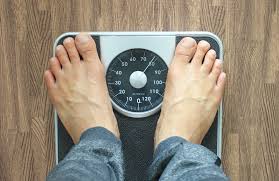
Every weight loss journey is one-of-a-kind. Some pack on pounds on a zero-carb diet, even when eating less, while others shed weight fast, in just two weeks.
If you're bulking up on a carnivore diet, here's what to chew over
1. Fluid Rebalancing
On a meat-only diet, you shed water weight, hoping for a dramatic long-term drop. But, surprise! Your body might just cling to water, especially if you're not packing much fat. Why?
Because each gram of muscle glycogen hangs onto about 3 grams of water, making your results quite different from someone overeating, according to a 2015 study from the National Library of Medicine [2].
2. Famine to Feast

Switching from a vegan or strict diet? Your muscles and protein might be low, and your body's in survival mode.
Ramp up the fats and calories, and your body shifts to celebration mode. Beware, though! You might wolf down 4,000 calories of meats like ground beef daily. Stick to it—don't slip back to old habits—to keep shedding pounds on the carnivore diet.
When you switch to eating meat through the ketogenic diet or carnivore diet, focus on how you feel good rather than the number on the scale.
Even if you’re gaining weight, after 3 months, your body will find its balance, and you will lose body fat without eating as much.
Your appetite and number of meals a day will reduce, leading you to lose weight. You’ll feel much better, and your body will feel like it’s ‘fed’.
In an online carnivore diet and intermittent fasting forum, one user shared: “Within about 2-3 months, the weight I had gained was completely gone!”
3. Hormones
Keep in mind, with no-carb diets, cortisol, insulin, and estrogen can all affect fat storage within the body. It’s also worth checking your blood sugar, insulin levels, and blood glucose with your local physician/healthcare provider.
When I started eating a carnivore diet, I didn’t notice any negative symptoms or side effects, as I was keto before the carnivore. It’s helpful to transition slowly into a different eating style and keep active throughout to see the best results for losing weight.
Is the Carnivore Diet a Fat Loss Diet?
The carnivore diet isn't exclusively for fat loss; it also serves other purposes like alleviating autoimmune symptoms, as seen with Jordan Peterson and his daughter Mikaila.
Canadian psychologist Jordan Peterson and his daughter Mikaila Peterson, who have suffered from the extremely debilitating autoimmune disease for years, were looking for a solution to eliminating their autoimmune symptoms like depression, anxiety, and arthritic pain.
The first thing that went away with the depression was the sadness, the anger, and the irritability. That went away. Then the fatigue went away.
- Mikaila Peterson, CEO of The Lion Diet
I started this diet because I was watching what happened to Mikhaila, and I have low level systems of autoimmune disease. One day I woke up and that’s gone. I lost a lot of weight and girth. And then the next thing that happened was-- like, I could stay awake forever. I never get sleepy, you know?
- Dr. Jordan B Peterson, Canadian Psychologist
Building Lean Mass Not Fat

Sure, just like any diet, piling on the pounds with the carnivore diet is possible if you're munching too much and ditching exercise. Lounging all day and overeating?
That'll show on the scale, no surprise there. Remember, shedding a pound means burning around 3,500 calories a week since that's what a pound of fat roughly equals [3].
Let’s say you’re an average American 30-year-old, 200-pound man consuming 3600 calories a day.
If you’re doing no exercise, you would burn roughly 2400 a day. Every day you have a surplus of 1200 to use.
To lose 1 pound a week, aim for a calorie deficit of around 3500 per week. If you’re not moving and using the fat as fuel, this additional energy will be stored as fat.
As the old saying goes, move it to lose it.
Do Calories Matter?
Yes, the amount of calories you eat does matter on the carnivore diet.
However, you don’t need to be calorie counting all day to lose weight while eating animal foods. Focus on strength training and muscle building rather than your body fat levels.
Excessively counting calories can lead to unhealthy habits for losing weight, but it’s important to be aware of what and how much you’re eating while on a carnivore diet for weight loss.
If you’ve been on a low-carb diet for less than 6 months, try a fitness app to monitor your calories and meal frequency. Keep doing this until you get an idea of roughly how much you’re consuming each day, and how many you’re burning throughout the day.
It also depends on what your fitness goals are. If you’re a weight-lifting athlete like Shawn Baker, you might be looking to put on size or maintain muscle. While Shawn is stable at 110kg and eating 4000-5000 cal/day, his strength is increasing.
Myself at 6’5” 245lbs as a carnivore eating 3-4lbs of beef/day only consumes about 1200lbs a year, so I use only about 60% of what the average American does. On the Keto Diet I saw great improvement in my health, when I went carnivore I saw even more.
- Dr Shawn Baker MD, Author of "The Carnivore Diet"
Strategies to Losing the Weight
Here are some simple, easy-to-follow fat-loss strategies that may help you lose weight while on a carnivore diet. These tips come straight from Carnivore Style’s team, based on real experience and what has worked for many others
- Move more, eat less. The general rule of thumb here is to burn more than you consume while eating only animal foods.
- Incorporate intermittent fasting. This can be a cycle of 2:5 (2 days of restrictive eating and 5 days of normal eating) or restricting your daily eating window during a carnivore diet for weight loss.
- Drink more water. Staying hydrated is essential. Sometimes you may think you’re hungry, when in fact, you’re simply dehydrated. Fruit & vegetables contain water. As these are eliminated, your body must be getting enough electrolytes and essential minerals, supplements can help.
- Get to know when you’re hungry versus eating out of habit. Eating is a highly social and ritualistic behavior. Cutting down your meals from 3-5 to 2 can help you monitor when you’re eating out of habit rather than because you are hungry.
Starting With a Baseline
Let’s start with the baseline and averages to see how much you’re burning on a typical day-to-day basis with no exercise.
According to reports from the USDA, below is the breakdown of calories for the average American woman and man [4].
The daily calorie breakdown for a sedentary woman is as follows:
- Women aged between 19 to 30 burn about 1,800 to 2,000
- Women aged between 31 to 50 burn about 1,800
- Women 50+ burn about 1,600 each day
Also Read: Carnivore Diet for Women
What If My Progress Stalls?
If your progress stalls on a carnivore diet for weight loss, it's essential to remember that everyone's journey is unique, and there are effective strategies to overcome plateaus.
- Don’t compare yourself with others. Everybody gets different results in different time frames. What works well for you might not get the same results for somebody else.
- Reassess. It’s helpful to write down or record in an app what you eat daily. With the businesses of day-to-day life, sometimes we are mindlessly eating and not aware of how much we’re consuming.
- Be mindful not to be overambitious. The weight will come off, and you will see relief from your autoimmune and the weight loss you’re hoping for with time. The important thing is to stay focused on losing weight while avoiding plant-based foods.
- Stay focused and committed. If you’re stuck or at a plateau, phone a friend and have a whinge. Done? Okay, now back to it. It helps to have a support network for these times.
- Before you start any diet, get a coach, fitness trainer, or group of friends for support. Try joining a carnivore diet Facebook group or a fitness challenge at your local gym to help you stay accountable. Ultimately, find what works for you and stick with it.
References:
- https://www.mayoclinic.org/healthy-lifestyle/weight-loss/in-depth/mayo-clinic-diet/art-20045460
- https://www.ncbi.nlm.nih.gov/pubmed/25911631
- https://www.mayoclinic.org/healthy-lifestyle/weight-loss/in-depth/calories/art-20048065
- https://healthyeating.sfgate.com/typical-calories-burned-sedentary-lifestyle-5270.html


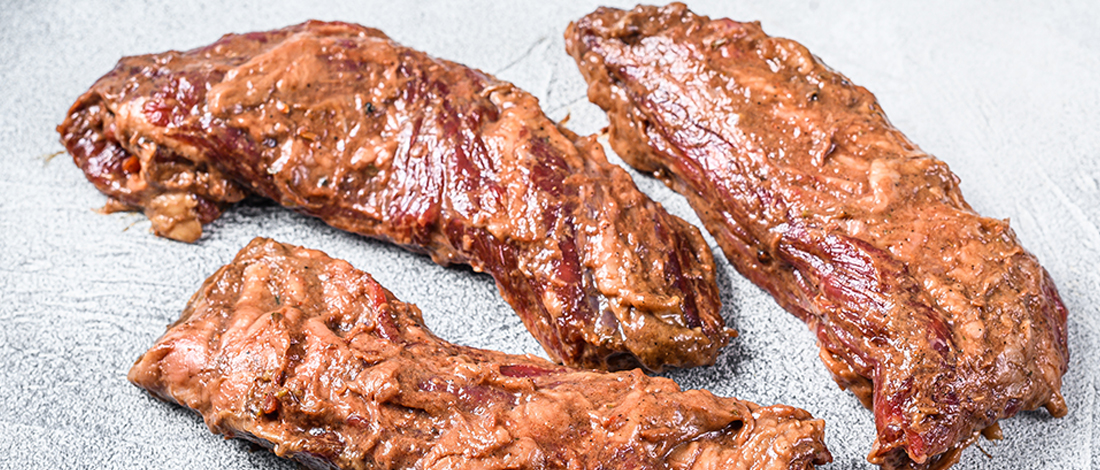


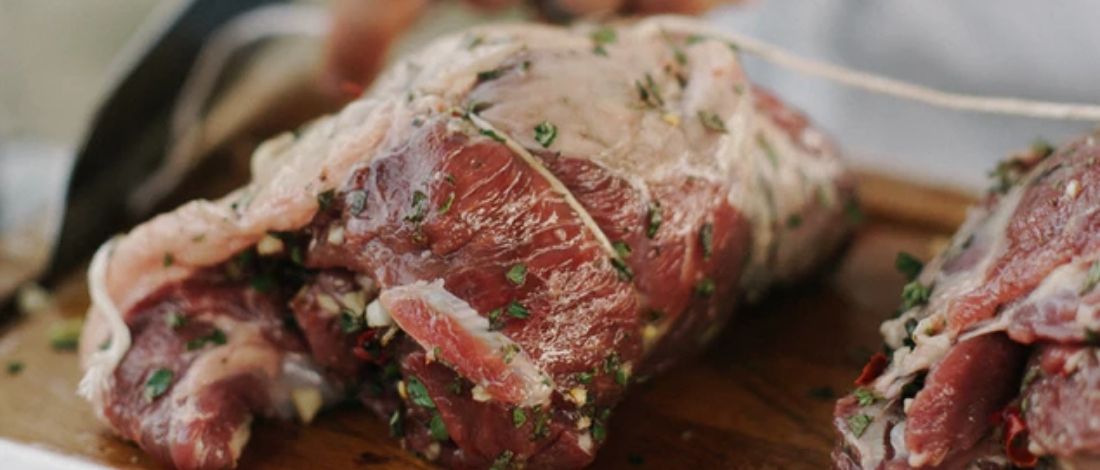
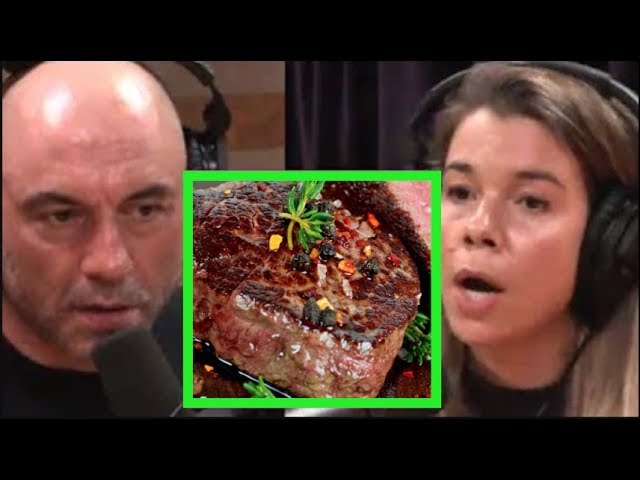
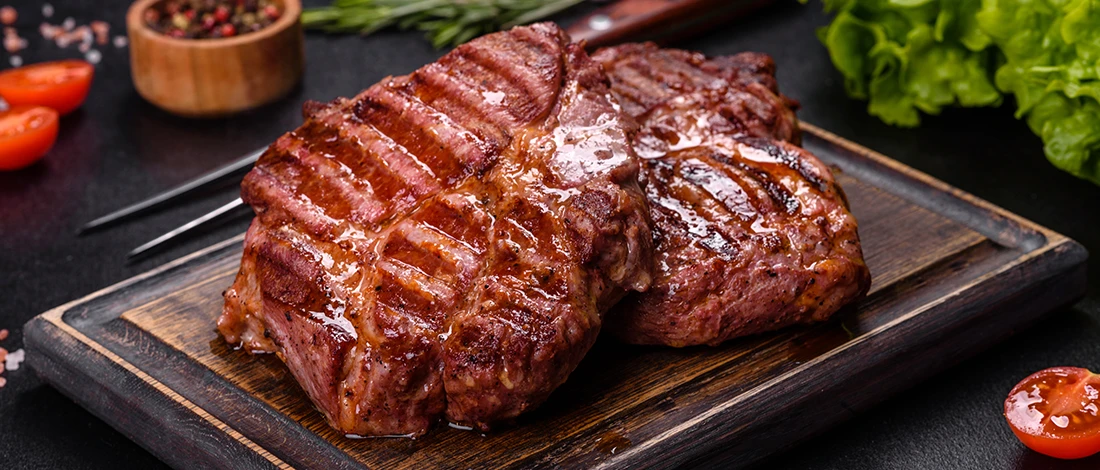

I started adding intermittent fasting to my carnivore diet, and it’s been a game-changer. Since incorporating it, I’ve had way fewer cravings and more stable energy levels throughout the day. I used to struggle with overeating, but now I feel more in control and satisfied with my meals. Definitely recommend this approach for anyone trying to shed those extra pounds—it really complements the carnivore lifestyle
This article is exactly what I needed to read. I was starting to feel discouraged about not seeing results, but the reminder to focus on long-term benefits is so encouraging. Thank you.
Thanks for addressing the common mistakes on the carnivore diet. I’ve been gaining weight, and now I realize it’s probably due to fluid retention. Does anyone have tips for balancing electrolytes effectively?
The reminder to move more and eat less is simple but so important. I started adding 30 minutes of walking to my day, and it’s made a noticeable difference in my energy and mood.
I’ve been on the carnivore diet for 6 months now, and while the first month was rough, I’ve dropped 20 lbs. The key is consistency and keeping up with my workouts. Don’t give up if you’re stuck, it gets easier
Is anyone doing regular workouts with carnivore? Wondering how exercise impacts fat loss on this diet.
Has anyone else plateaued on the carnivore diet? I’ve been on it for four months and have stalled wondering if tweaking my meal schedule might help.
It’s been a challenge to move more while on carnivore but focusing on simple strength training has helped me balance the diet and exercise.
Does anyone else struggle with feeling hungry between meals on this diet? The tip about cutting down from three meals to two makes sense, but I’m wondering how to handle the hunger in between.